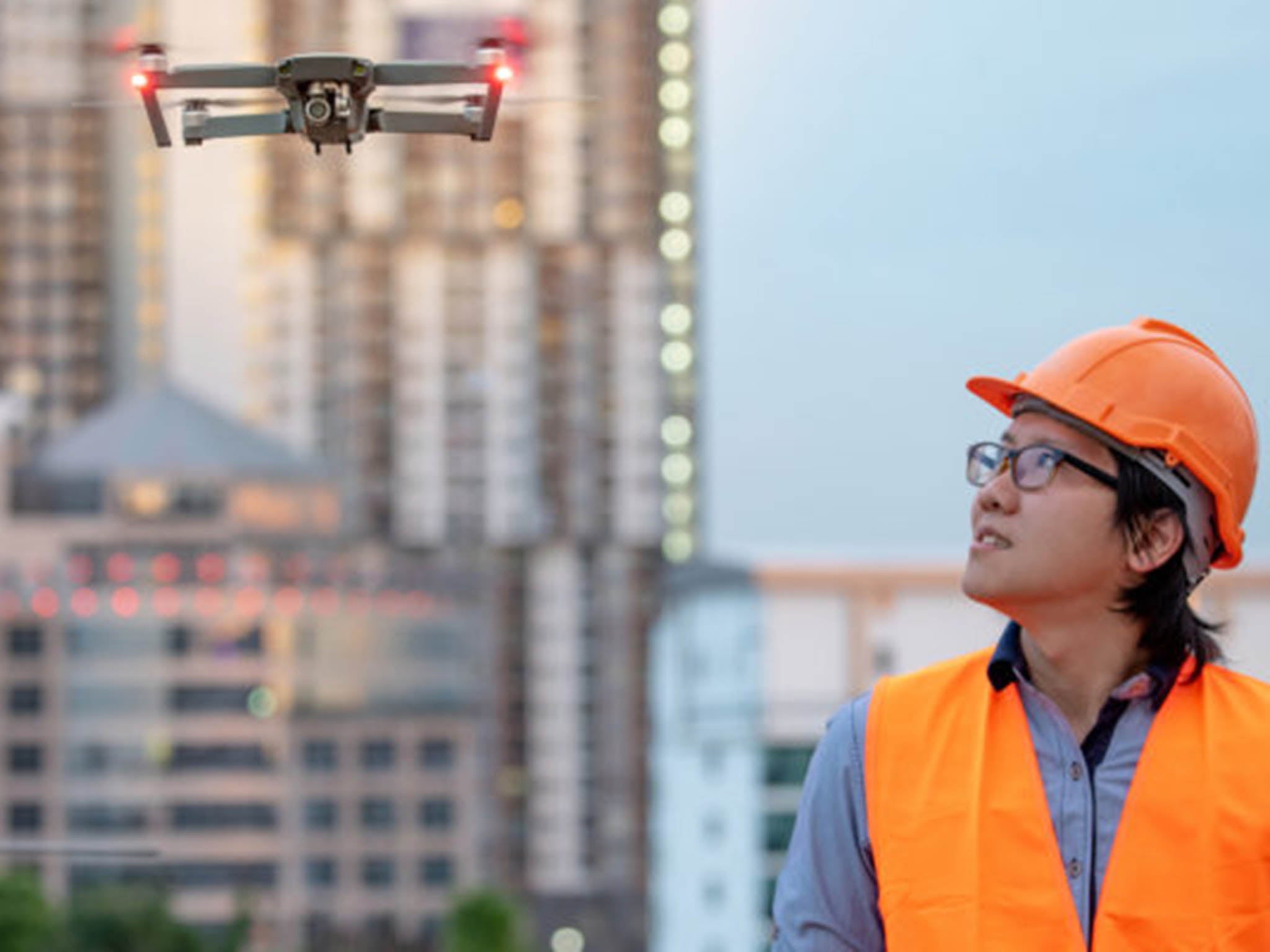Robot bricklayers to be deployed in Brexit Britain as developers grapple with skills shortage
Construction companies could deploy drones and machines to keep the UK building, says report

Your support helps us to tell the story
From reproductive rights to climate change to Big Tech, The Independent is on the ground when the story is developing. Whether it's investigating the financials of Elon Musk's pro-Trump PAC or producing our latest documentary, 'The A Word', which shines a light on the American women fighting for reproductive rights, we know how important it is to parse out the facts from the messaging.
At such a critical moment in US history, we need reporters on the ground. Your donation allows us to keep sending journalists to speak to both sides of the story.
The Independent is trusted by Americans across the entire political spectrum. And unlike many other quality news outlets, we choose not to lock Americans out of our reporting and analysis with paywalls. We believe quality journalism should be available to everyone, paid for by those who can afford it.
Your support makes all the difference.Armies of robot bricklayers could be deployed in Brexit Britain as construction firms attempt to make up for the loss of skilled labour from mainland Europe, it has been claimed.
The UK's construction sector is more receptive than any other in the world to the use of autonomous machines and drones, according to a new report.
Some 47 per cent of British firms predict that building site robots will bring change to the industry. That compares with just 34 per cent globally
Ian Wimpenny, director of the Altus Group real estate company, which carried out the research, said: “With EU net migration having fallen to its lowest level since 2012, and record employment, contractors are already struggling to fill vacancies and close skills gaps, so it's unsurprising that UK developers are more open to disruptive technologies to keep Britain building post Brexit."
Robots are already common in car manufacturing, and trials of robotic bricklayers on building sites are already underway.
Manufacturers claim robots can lay 3,000 bricks a day, compared with the typical 300-600 bricks for a human worker, said Mr Wimpenny. Drones, meanwhile, are used for surveying, inspections and progress monitoring.
Companies such as New York-based Construction Robotics and Australia's Fastbrick are among the market leaders in new construction technology.
JCB, Volvo and Caterpillar are also developing autonomous construction vehicles.
The Altus research - the Real Estate Development Trends Report - surveyed some 400 major property developers across the globe, each with more than £200m of property under development.
Join our commenting forum
Join thought-provoking conversations, follow other Independent readers and see their replies
Comments